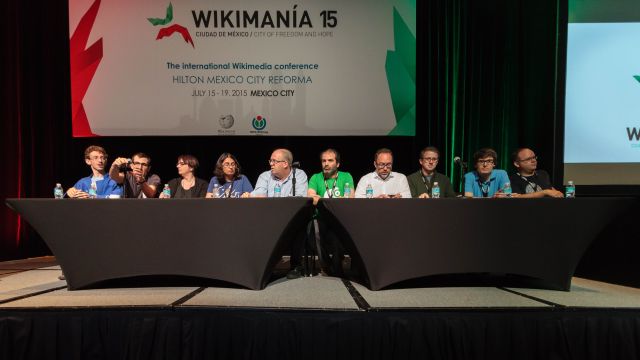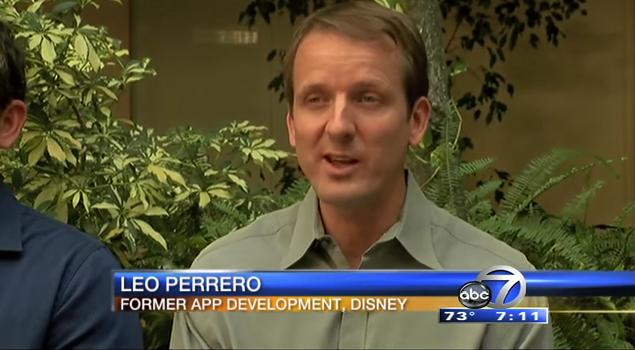Supreme Court Chief Justice John Roberts has sold between $250,000 and $500,000 worth of Microsoft stock, according to an Associated Press report out today. It's the largest single stock sale by anyone on the court in more than a decade.
The large stock sale is news in part because the high court agreed a few weeks ago to take a case involving alleged defects in Microsoft's Xbox 360 console. Assuming that Roberts sold all his Microsoft stock, that means he won't have to withdraw from the case.
The last time Microsoft had a case in front of the Supreme Court was 2011, in which the software giant made a last-ditch attempt to fend off a patent claim brought by i4i, a small Canadian firm. Microsoft asked the court to reconsider the standard of proof used to invalidate patents, but the justices sided with i4i in an 8-0 vote, cementing the firm's $290 million payday. Roberts recused himself from that case.






